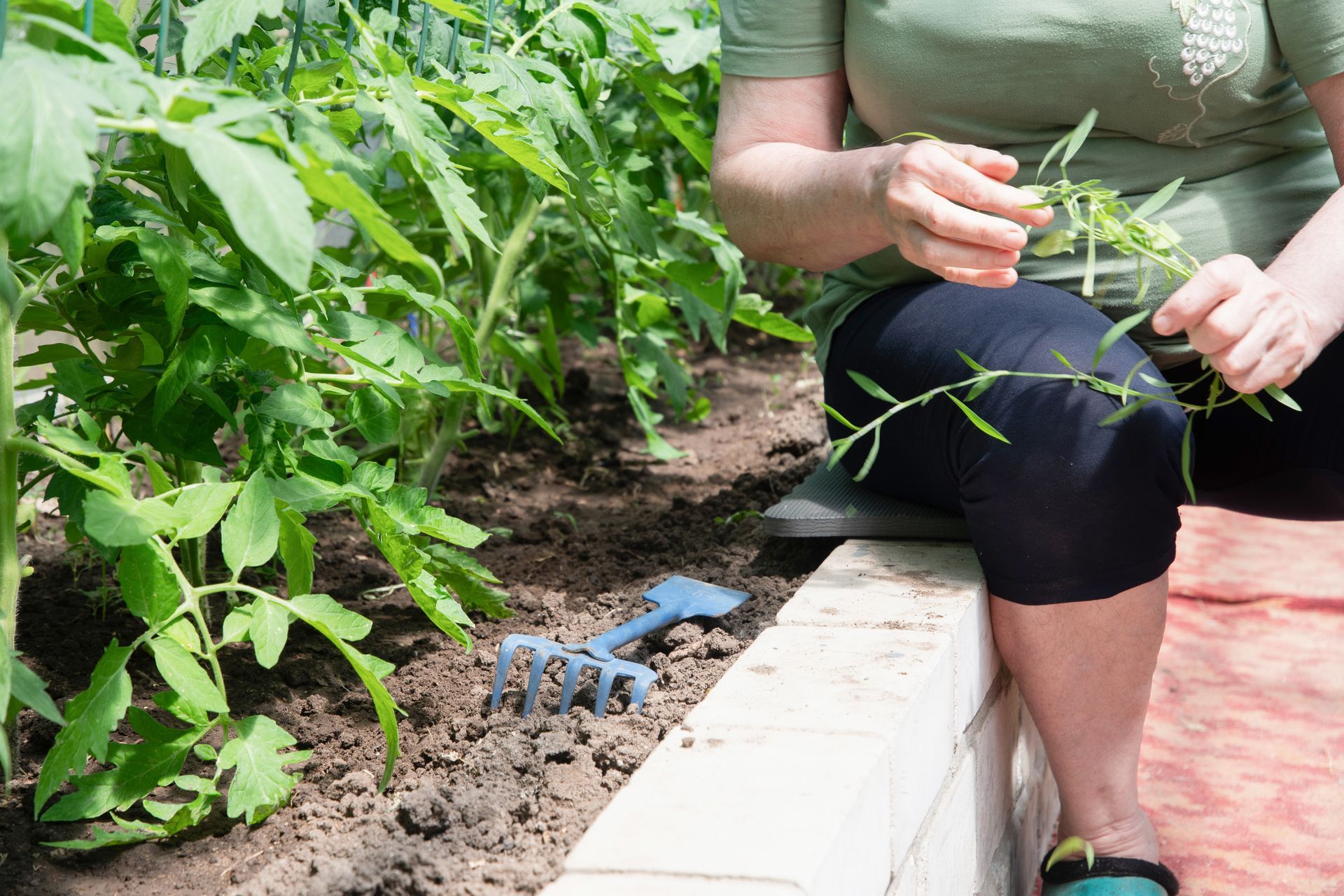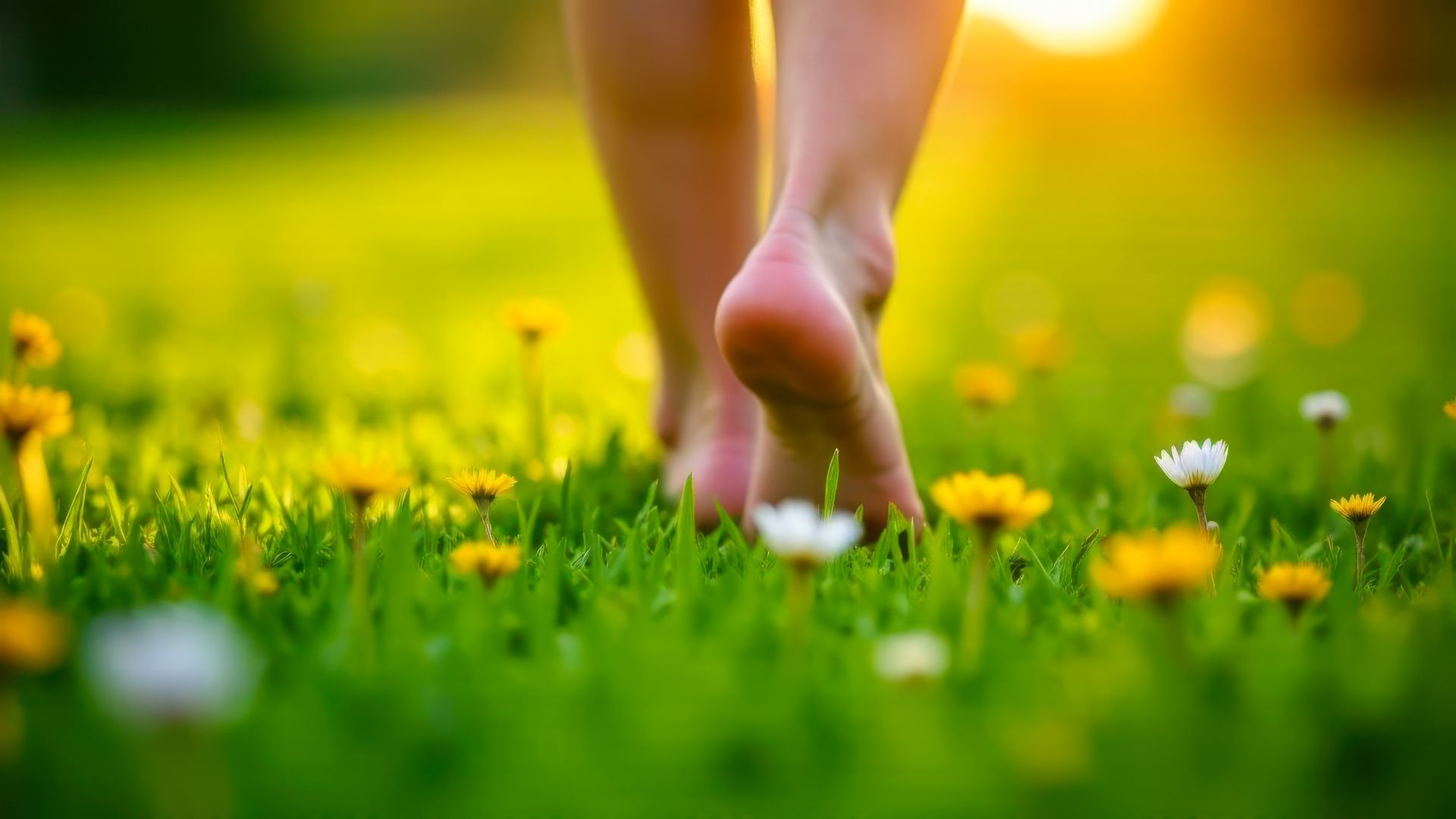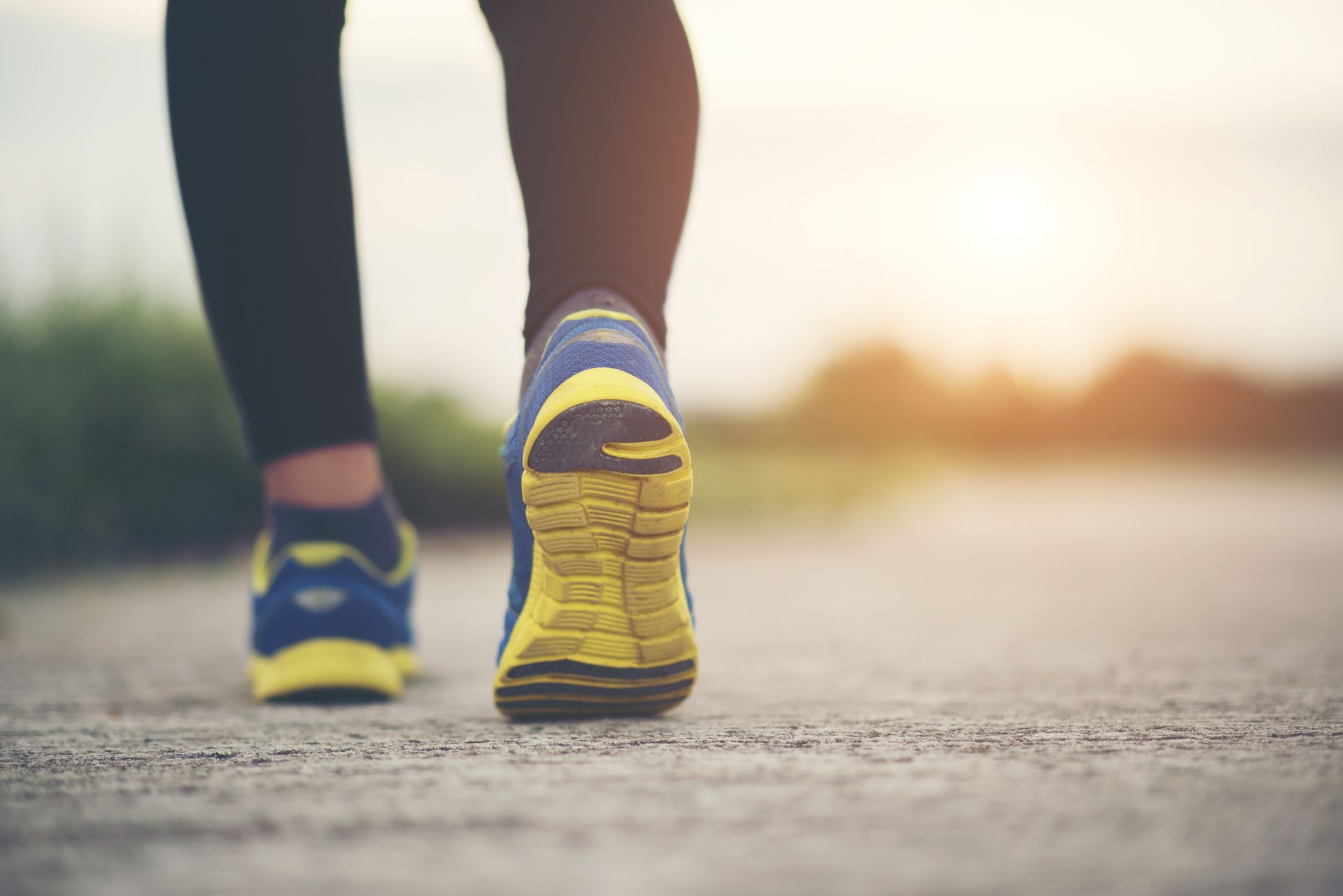Spring Cleaning Your Health: Vein Wellness Edition
Spring symbolizes renewal and rejuvenation, a time when many of us dedicate effort to spring cleaning our homes. Why not extend this revitalizing spirit to our health, focusing specifically on improving vein wellness? Just as you would declutter your living space, it's essential to cleanse your lifestyle of habits that negatively impact your vein health. Here's how you can "spring clean" your health habits to support strong and healthy veins.
Understanding Vein Health
Healthy veins are crucial for efficient blood circulation. Problems arise when veins become damaged or weak, leading to common issues like spider veins and varicose veins. Factors such as sedentary behavior, poor dietary choices, and inadequate exercise can exacerbate these problems. Fortunately, with a few lifestyle adjustments, you can significantly improve your vein health.
Your Spring Cleaning Checklist for Vein Health
To help you kickstart your journey towards better vein wellness this spring, follow this comprehensive checklist:
1. Start a Regular Walking or Jogging Routine
Physical activity is one of the most effective ways to improve circulation and vein strength. Integrating a regular walking or jogging routine into your daily schedule promotes blood flow and reduces the risk of vein problems. Aim for at least 30 minutes of moderate exercise, such as brisk walking or light jogging, most days of the week.
2. Opt for a Vein-Healthy Diet
Your diet plays a crucial role in maintaining vein health. Foods rich in antioxidants and anti-inflammatory properties can help strengthen your veins and reduce inflammation. Include plenty of:
- Fruits and vegetables: Especially those high in Vitamin C and E, such as oranges, strawberries, spinach, and almonds.
- Fiber-rich foods: Such as oats, flaxseeds, and legumes, which help maintain a healthy weight and reduce pressure on your veins.
- Water: Staying hydrated prevents blood from thickening, easing the work on your veins.
3. Elevate Your Legs
Make it a habit to elevate your legs above the level of your heart for at least 15 minutes a day. This simple practice can improve venous return, reduce swelling, and relieve pressure on your veins.
4. Wear Compression Stockings
Consider wearing compression stockings, especially if you have a job that requires prolonged sitting or standing. These stockings help squeeze your legs, promoting blood flow and decreasing swelling.
5. Schedule a Vein Health Check-up
Just like any part of your spring cleaning routine, evaluating the current state of things is crucial. Schedule a vein health check-up with The Vein Specialists to assess any existing vein conditions. Early detection can prevent complications, and treatments like sclerotherapy or laser therapy can address issues before they worsen.
6. Break Up Long Periods of Sitting or Standing
If your lifestyle involves long periods of sitting or standing, take breaks to move around. Try to walk around for a few minutes every hour to keep the blood flowing smoothly through your veins.
Embrace Vein Wellness This Spring
As flowers bloom and nature awakens, let this spring be a time for personal health renewal. By following the "spring cleaning" checklist for vein wellness, you can take proactive steps to improve your vein health. These changes not only enhance the appearance of your legs but also contribute to your overall well-being.
Remember, The Vein Specialists in Bloomington, Illinois, are here to support you on this journey. Whether it’s scheduling your regular check-up or discussing treatment options for existing vein issues, our team is dedicated to helping you achieve the best vein health possible. This spring, let’s clean up our health habits and step into a season of vitality and renewal!








“Our mission is to provide each patient with a comfortable, respectful care as well as delivering the best possible vein treatment."



